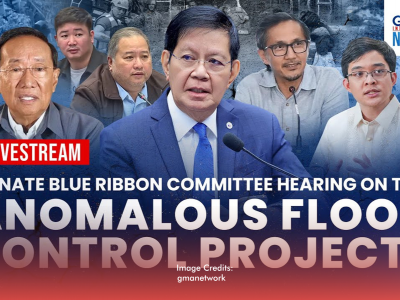Malnutrition isn't obvious as you think. When people hear the word malnutrition, they often imagine the most visible cases—extreme thinness, hollow cheeks, or frail frames. Doctors are seeing another, quieter form of malnutrition emerge across all income levels and body types: one that hides behind normal weights and busy lives.
This form of “hidden hunger” happens when the body gets enough calories but lacks the essential nutrients it needs to function properly. The result? Fatigue that doesn’t go away with sleep, weak immunity, brittle hair or nails, and slower healing from illness or injury.
RELATED: [Did You Know Your Bones and Muscles Need Extra Care as You Age?]
The Rise of Hidden Hunger
Nutritionists point out that this subtle malnutrition is driven less by poverty than by modern habits. Processed food, long work hours, and stress often lead to diets heavy in energy but light in quality. “You can eat three full meals a day and still be malnourished,” says one dietitian. “The body needs more than fullness—it needs balance.”
In the Philippines, the Department of Science and Technology-Food and Nutrition Research Institute (DOST-FNRI) reports that even adults who appear healthy may lack essential micronutrients like vitamin D, calcium, and iron. The same study found that overweight individuals can also be undernourished—a reminder that health cannot be measured by size alone.
Beyond Fullness: The Meaning of Nourishment
The consequences of hidden malnutrition can take years to surface. Subtle deficiencies affect mental clarity, energy levels, and even emotional stability. Over time, they can contribute to chronic diseases such as hypertension, diabetes, and osteoporosis.
Experts recommend regular nutrient checks, diverse food intake, and mindful supplementation when needed. It’s not about adding more to your plate, but ensuring that what’s there truly nourishes you. Being “well-fed” and being well-nourished are not the same. Sometimes, the body’s real hunger isn’t visible—it’s cellular, quiet, and easily overlooked.
A Closer Look at What the Body Needs
Good health begins with awareness. As modern life makes balanced eating more challenging, it becomes even more important to look beyond calories and consider what fuels the body at its core. For many, that means combining nutritious meals with supplements that help fill essential nutrient gaps. It’s a simple step toward better nourishment and everyday wellness.
Nutritional supplements like EnPlus Gold, which contain calcium, phosphorus, vitamin D3, and B vitamins, are among the options that can help support bone strength and overall wellness when paired with a balanced lifestyle. It’s a simple step toward better nourishment and everyday wellness.
MORE LIKE THIS: [Hydration Linked To Lower Risk Of Heart Problems, Israeli Study Finds]
Your health starts with the right choices.
Fuel your body, strengthen your bones, and keep your heart healthy by choosing the right nutrients every day. Start your journey to better health with EnPlus Gold at the links below:
Enplus Gold Shopee
EnPlus Gold (900G): https://ph.shp.ee/xBCXaph
EnPlus Gold (400G): https://ph.shp.ee/Rt6FJhR
Enplus Gold Lazada
EnPlus Gold900G: https://s.lazada.com.ph/s.FNiia
EnPlus Gold400G: https://s.lazada.com.ph/s.FNi8B








